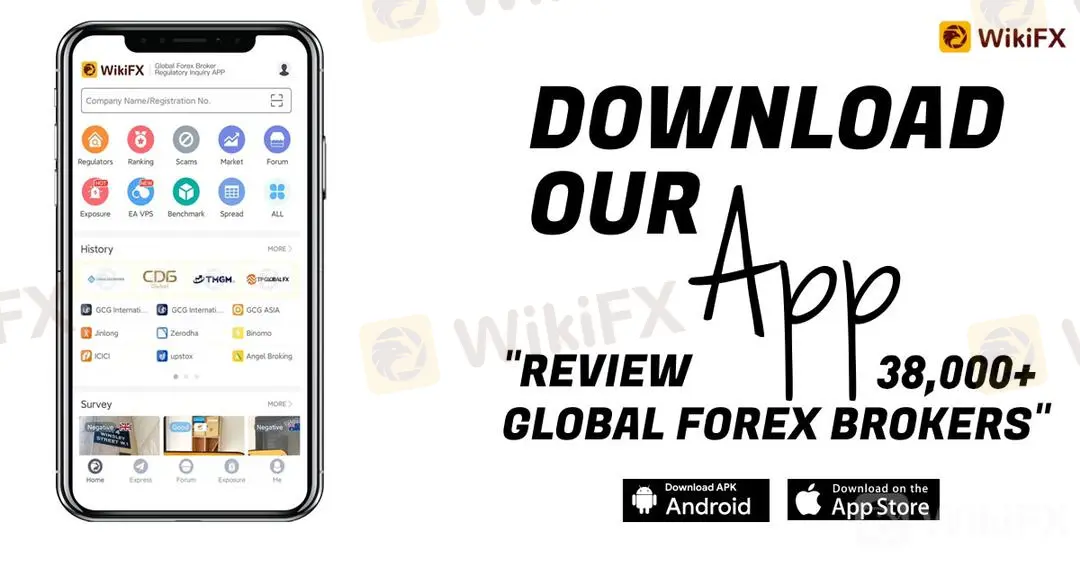简体中文
繁體中文
English
Pусский
日本語
ภาษาไทย
Tiếng Việt
Bahasa Indonesia
Español
हिन्दी
Filippiiniläinen
Français
Deutsch
Português
Türkçe
한국어
العربية
No Digital Assets Ads on Singapore's F1 Tracks
Abstract:The Monetary Authority of Singapore, the nation’s financial regulatory body, strictly prohibits any advertisement related to digital assets to be present on the race tracks further strengthening their stance on tightening rules in this aspect.

The Singapore Grand Prix will resume on September 30 at the Marina Bay Street Circuit after being postponed for two years due to the pandemic caused by Covid-19. Despite the fact that Singapore has become an increasingly popular financial hub as well as blockchain and cryptocurrency businesses, the nation‘s regular has also become increasingly cautious and strict as a result of the crypto’s radical price fluctuations and selloffs.
In January, it tightened restrictions on public advertising of cryptocurrency services. Furthermore, at the end of August, the managing director of the Monetary Authority of Singapore (MAS), declared that new and stricter measures will be imposed on the cryptocurrency scene in Singapore to protect investors in these digital assets.

Earlier this week, as reported by the Wall Street Journal, the MAS informed the Grand Prix organizers that no cryptocurrency or digital assets-related advertisements shall appear on the circuit.
The F1 Grand Prix will have an advertising ban that does not apply to vehicles or driver attire. This implies that the track's traditional blue and white crypto.com advertisements will not be seen in Singapore. The city's reasoning for the distinction is that the teams' equipment is used globally, and logos on it are seen as advertising to F1 fans worldwide, whereas branding on the track targets locals and thus violates the rules.
It is asserted that only professional investors are permitted to view cryptocurrency advertisements in Singapore. Their promotions forbid using public transportation, malls, websites, social media, or third-party platforms to target retail customers. This is to curb hype among retail cryptocurrency traders in Singapore. While the Monetary Authority of Singapore (MAS) is considering additional consumer protection measures, it also wishes to advance blockchain technology and other aspects of the digital asset market.

Disclaimer:
The views in this article only represent the author's personal views, and do not constitute investment advice on this platform. This platform does not guarantee the accuracy, completeness and timeliness of the information in the article, and will not be liable for any loss caused by the use of or reliance on the information in the article.
Read more

Broker Review: Is FOREX.com a solid Broker?
FOREX.com has played a significant role in the forex trading industry for decades. WikiFX created a comprehensive review to help you better understand this broker. We will analyze its reliability based on specific information, regulation, etc. Let’s get into it.

Philippine Banks Launch PHPX Stablecoin to Transform Payments
Philippine banks introduce PHPX stablecoin, backed by bank collateral, to streamline $9T stablecoin transactions, remittances, and cross-border payments.

Bank of America Launches FX Services in the Philippines
Bank of America begins foreign exchange (FX) services in the Philippines, eyeing a share of the $300 billion onshore currency market. Learn about their growth plans.

Tanauan City Fights Illegal Gambling with “Oplan Bulldozer”
Tanauan City Police launch “Oplan Bulldozer” to eliminate illegal bookie operations, support legal STL, and boost public welfare funding through PCSO initiatives.
WikiFX Broker
Latest News
Elon Musk Warns of Imminent US Bankruptcy | Bitcoin Retreats from $100K
WikiEXPO Global Expert Interview: Advanced Practices and Insights in Financial Regulation
Justin Sun Invests $30M in Trump-Backed World Liberty Financial
Robinhood Launches Ethereum Staking with 100% Rewards Match
Kraken Closes NFT Marketplace Amid New Product Focus
Philippine Banks Launch PHPX Stablecoin to Transform Payments
Pros & Cons of Automated Forex Trading
Magic Compass Sponsors World Taekwondo Poomsae Championships 2024
Trump tariffs: President-elect is serious but it\s not about trade
BSP Rolls Out Stricter Rules for Virtual Asset Providers
Currency Calculator


